Careers in health informatics
Health informatics is the intelligent use of information and technology to provide better care.
All members of the healthcare team, including healthcare professionals, managers and administrators, rely on fast, accurate information to deliver the best care they can. Using IT creatively to achieve this means health informatics is one of the bedrocks of health.
Every day in the health sector, information has to be collected, managed, used and shared. Good patient care depends on this fast and accurate flow of information.
As such, health informatics has become one of the fastest growing areas in the NHS, forming a vital part of the wider healthcare team by providing the information management and technology expertise needed that others rely on to perform their roles.
Whether the job is to provide technical support or to deliver a cutting-edge IT project, health informatics staff are responsible for the non-stop cycle of information.
Health informatics roles
There are a large number of roles within health informatics. Some roles require high levels of technical expertise, while others require creative flair or the ability to help and support others by communicating information effectively. Read more about some of the roles within health informatics below. Further information can be found on the Health Careers website.
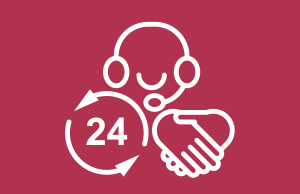
Service desk
The service desk acts as the primary contact point for all IT services and enquiries. The role of a service desk engineer includes logging requests for support and resolving IT issues, providing technical advice and guidance, and escalating calls and assigning requests.
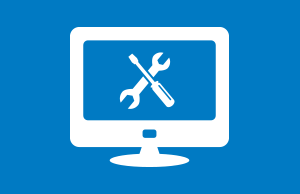
Desktop support
IT support requests which cannot be resolved immediately by the service desk are referred to desktop support. Typical requests may include the setting up of PCs and other equipment, and installing software.
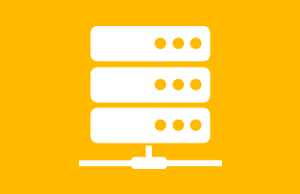
Technical support
Technical support maintain the IT infrastructure which is the platform on which all IT systems and
applications, digital technologies, user devices and printers are centrally connected and maintained. Technical support manage the day-to-day maintenance of servers and work proactively to identify, as early as possible, any likely technical problems which may arise.
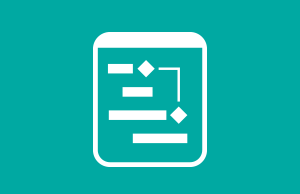
Project and programme management
Health informatics projects aim to deliver robust and accessible systems that support the delivery of patient care. The project and programme managers implement these projects from start to successful completion, ensuring that projects produce the required deliverables within the quality, time and cost constraints.
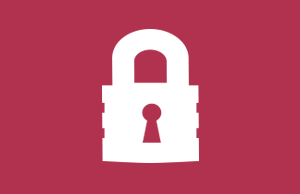
IT security
IT security ensures the correct level of protection is in place to safeguard the integrity and availability of information systems and business data. The role involves undertaking security reviews and assessments, developing policies and processes to support the NHS Information Governance Toolkit and the provision of advice and support surrounding all aspects of cyber and IT security management.
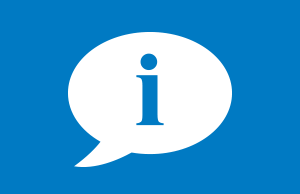
System support
The further development of business and clinical applications is a common and important part of the system life-cycle, which is usually undertaken to introduce additional functionality. support staff provide advice on the options available, providing specialist support from initial planning through to the implementation and on-going management of a system. System support also has a Registration Authority (RA) function that deals with system access controls through the provision and management of Smartcards.
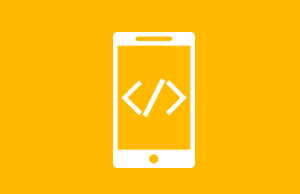
Web and SharePoint development
Websites provide an important mechanism for communicating important news and information relating to health and care services. Developers design, build, test and support the on-going development and functionality of websites, intranets and web-based team collaboration tools, such as SharePoint.

IT training
Technology offers significant benefits to health and health care. Health professionals need to be trained to use technology for these benefits to be realised. IT trainers help improve computer literacy and train IT users in the latest systems, applications and software
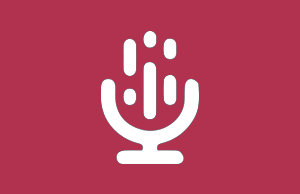
Voice and data
The voice and data service enables devices, applications, systems and people to communicate, connect and interact with each other across multiple locations. A fibre-based network underpins the digital infrastructure, allowing data, voice and information to flow seamlessly and securely across systems and devices. Technicians manage this network infrastructure and the
maintenance of the associated cabling. They also provide support for a wide variety of telecommunications products including IP telephony and messaging, mobile telephony, secure data network connectivity and corporate Wi-Fi.
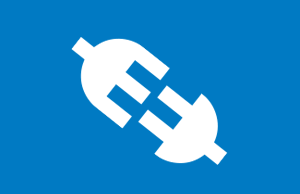
System integration
System integration is becoming an increasingly important and growing area of health informatics and involves enabling systems to communicate with each other and share information. Integration roles involve working with healthcare professionals to develop system integration interfaces for core business and clinical systems using integration engines. This work involves analysing and scoping integration requirements, designing interface processes to improve information flows between systems, the development of interfaces and the on-going support and maintenance.
Need further information?
Anyone can enjoy a career in health informatics, no matter what qualifications or previous work experience you have. Health informatics staff work in every area of healthcare, across a large variety of roles. This means that the scope for people with different interests, skills and qualifications is enormous.
The entry requirements will vary depending on the job you are interested in. It is possible to enter some roles with no formal qualifications, while others will require very specific professional qualifications, relevant experience and a commitment to professional registration.
You can take up a career in health informatics straight from school, college or university, or from a previous unrelated career, entering at the appropriate level and choosing whether to remain at that level or progress after further study and experience.
For further information about careers in health informatics, please visit the Health Careers website or take a look at current job vacancies on the NHS Jobs website.
Alternatively, find out more about working within Informatics Merseyside including our graduate, apprenticeship or work placement opportunities.
